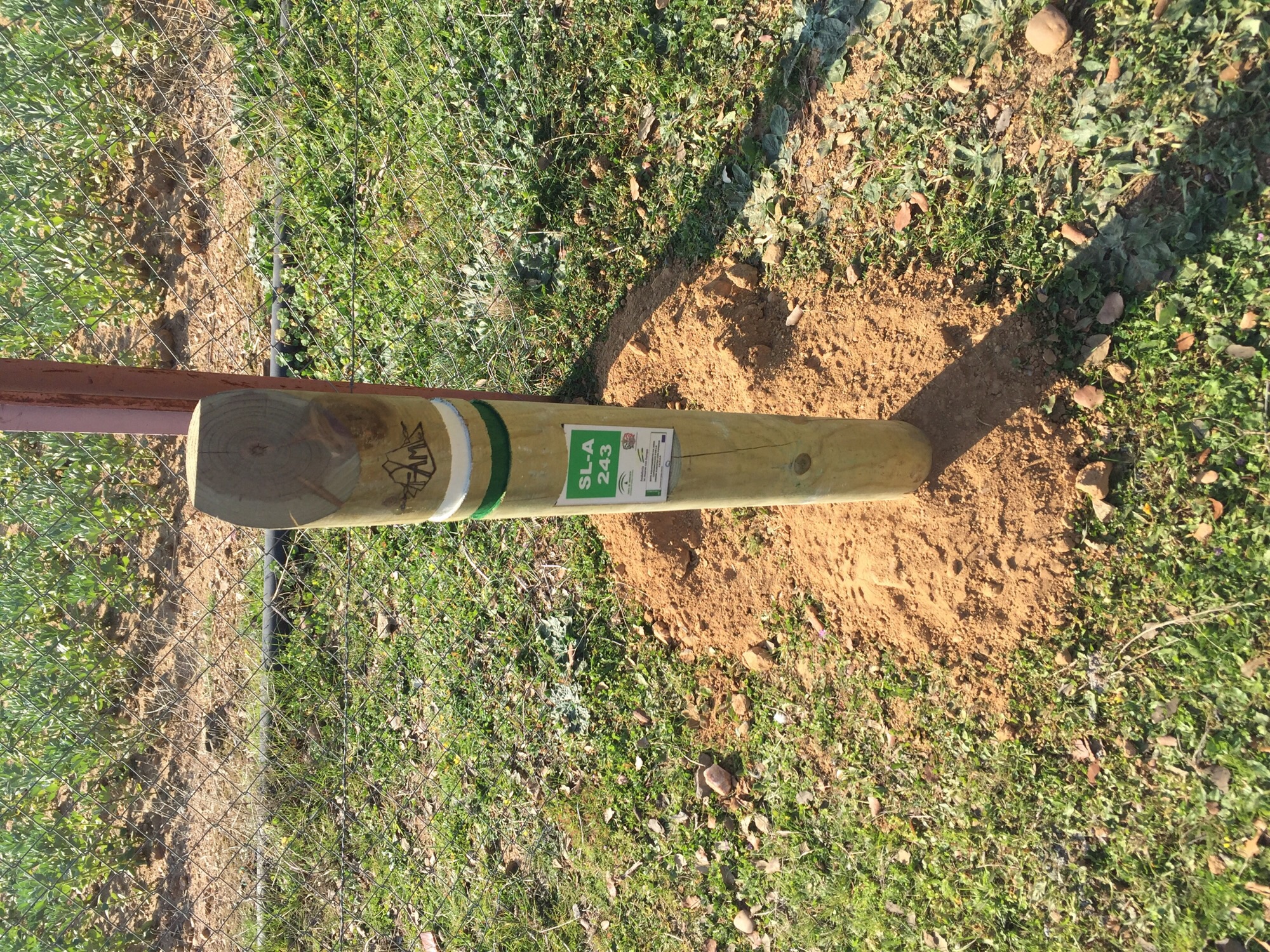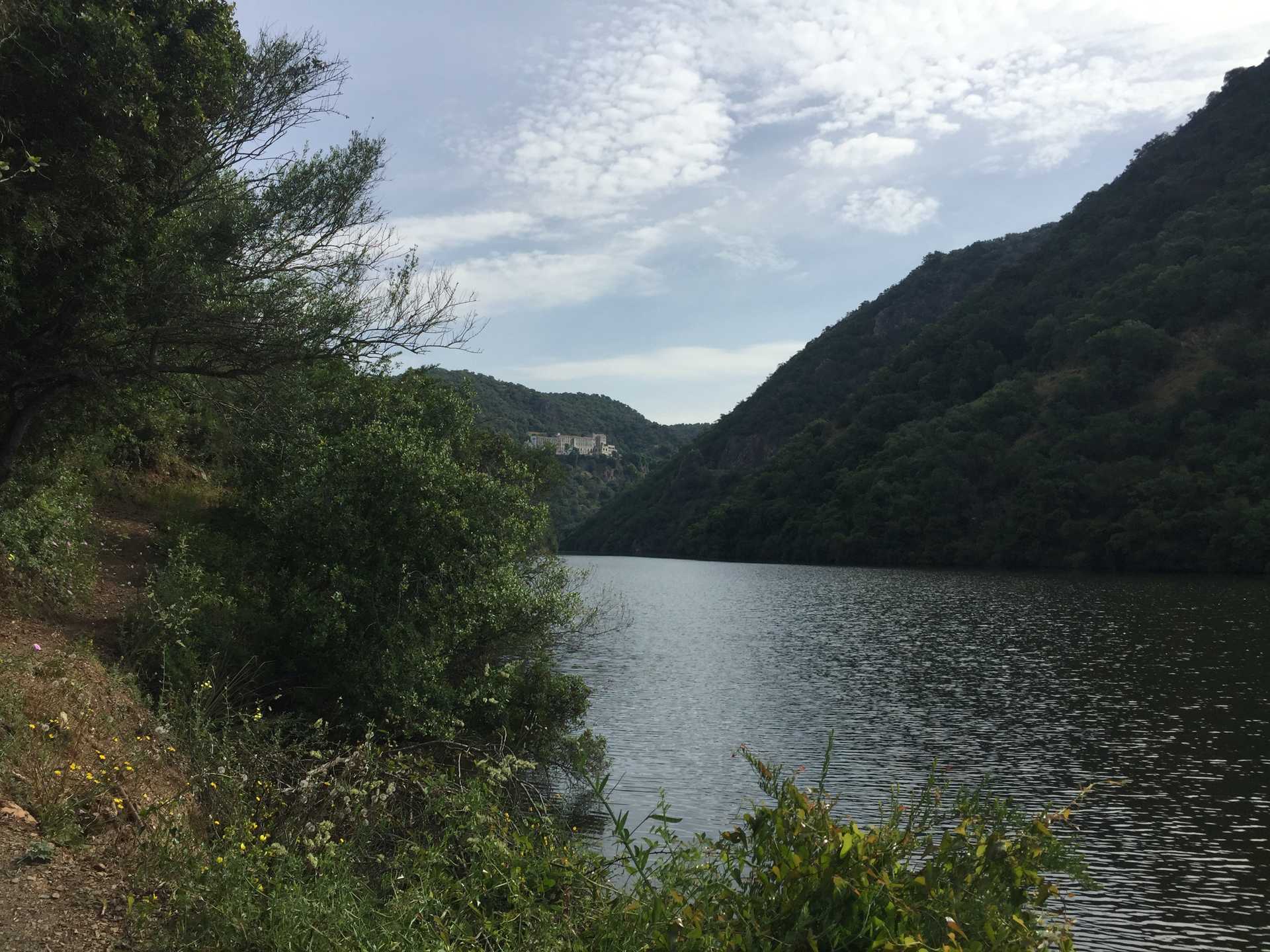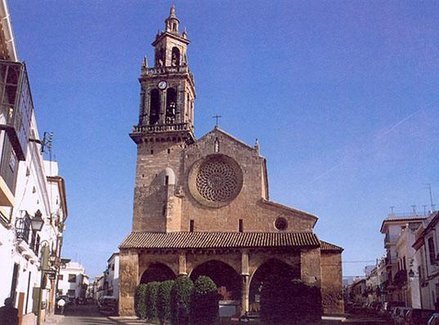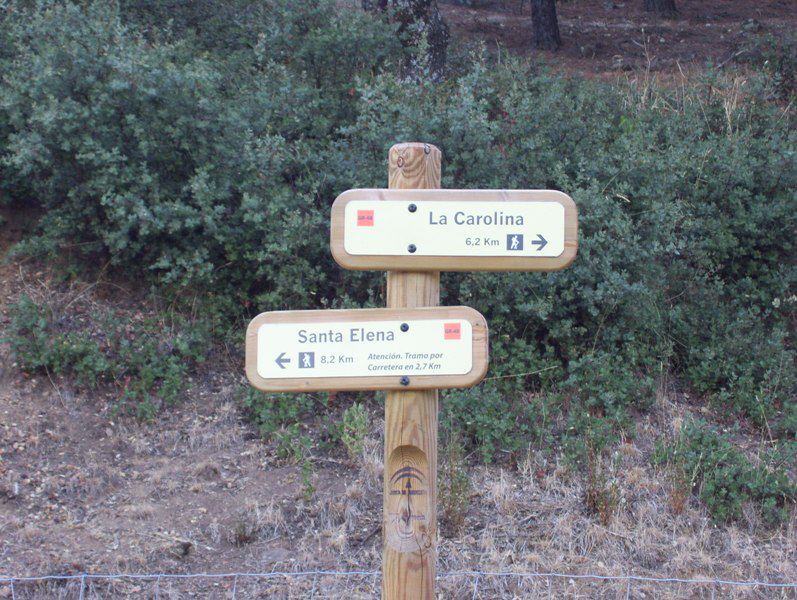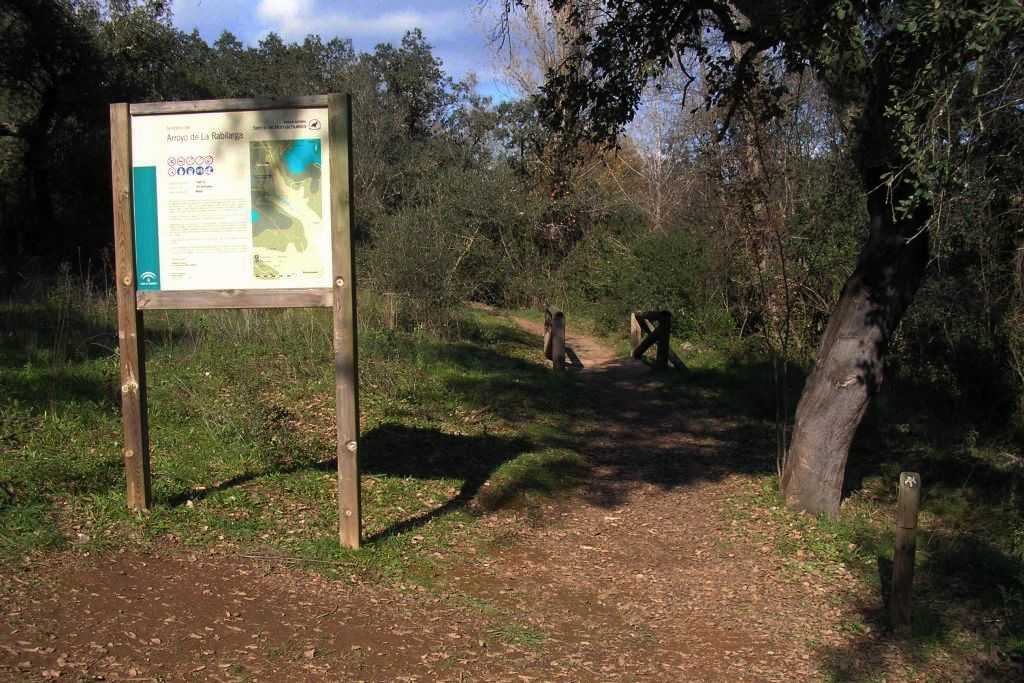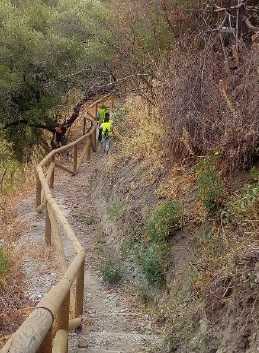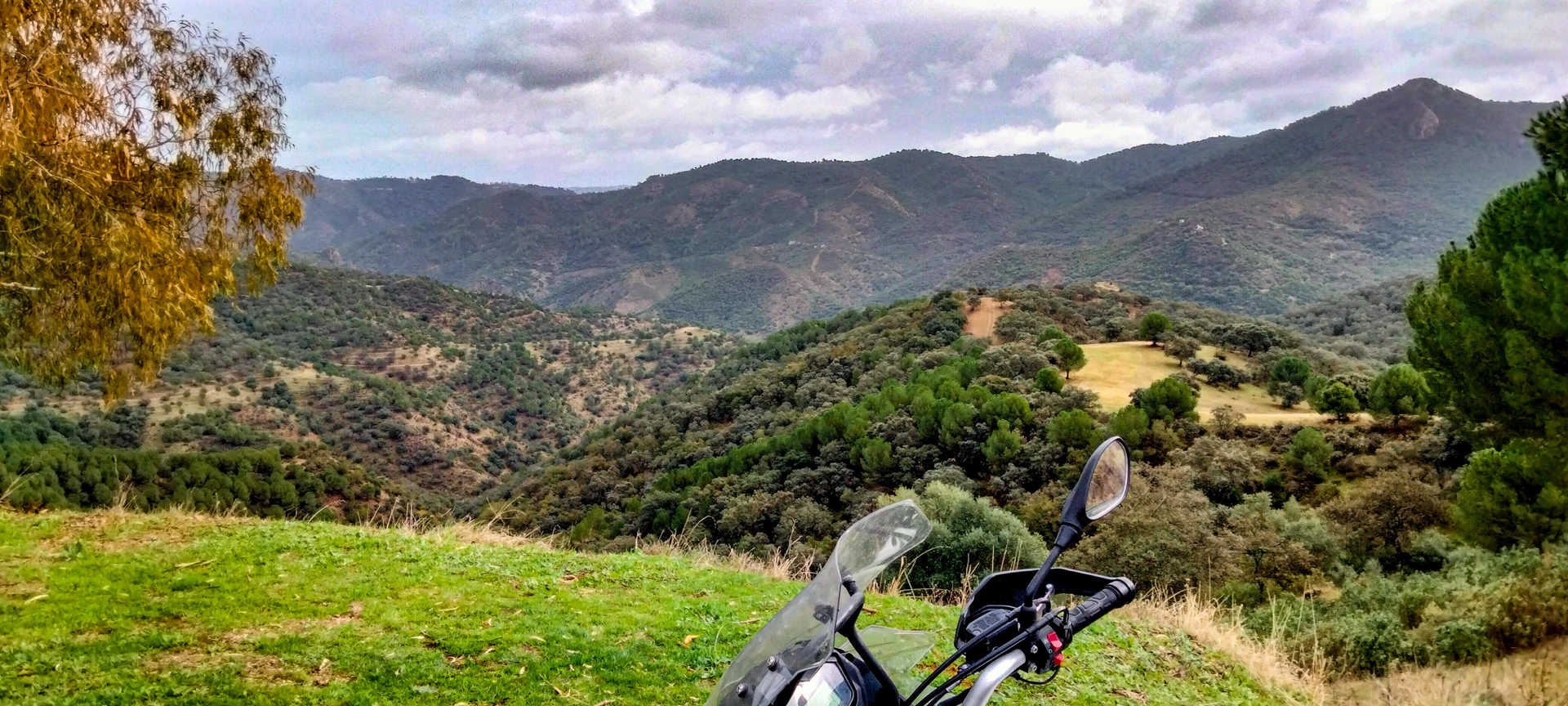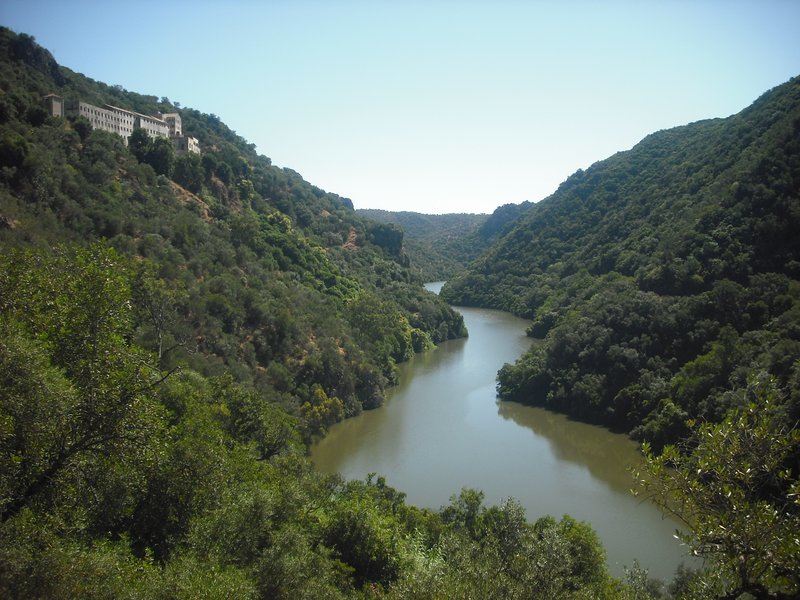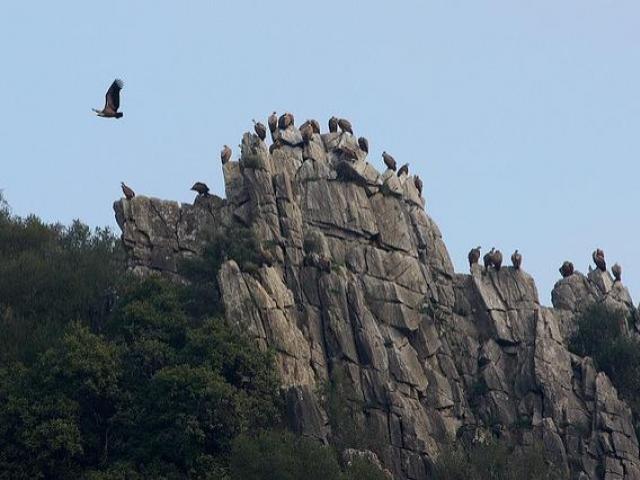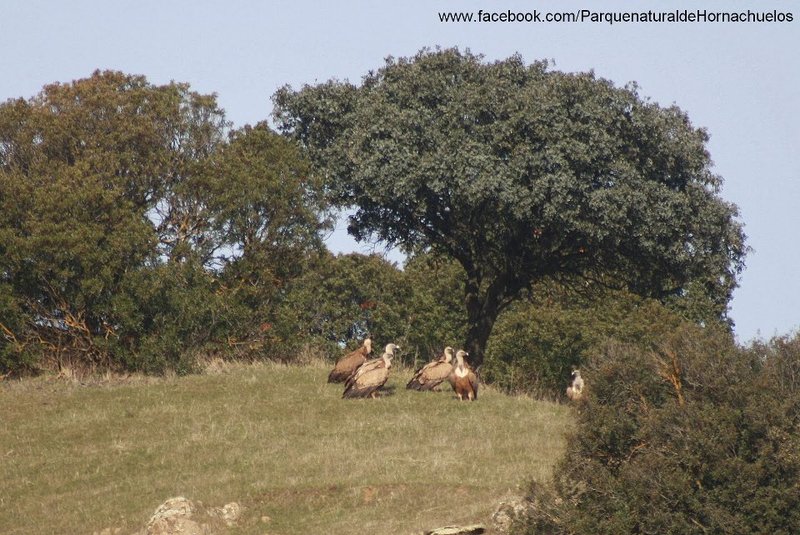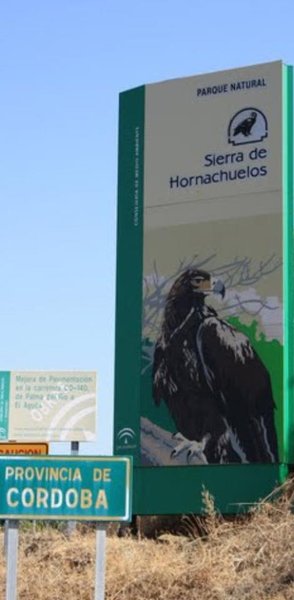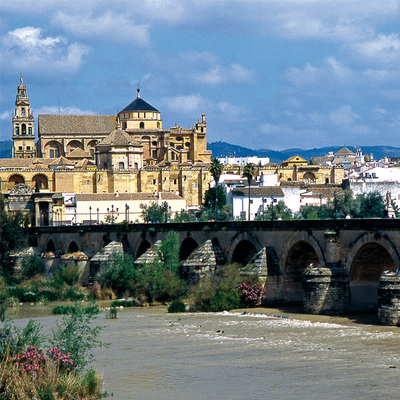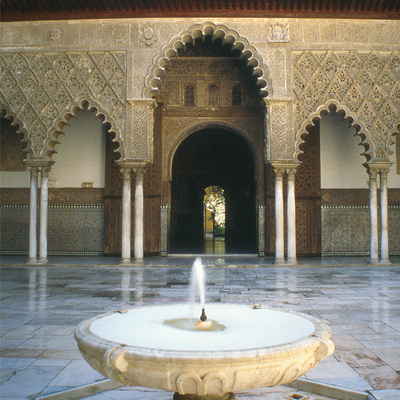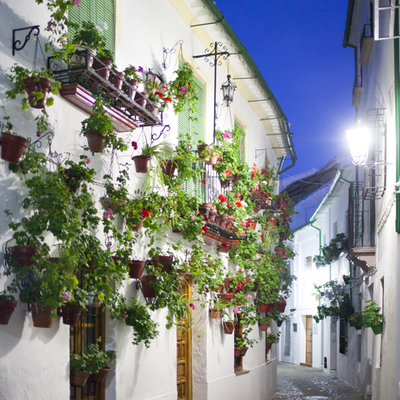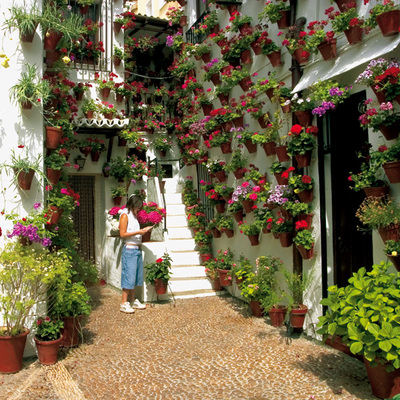Bembézar River – PR A 348 Trail
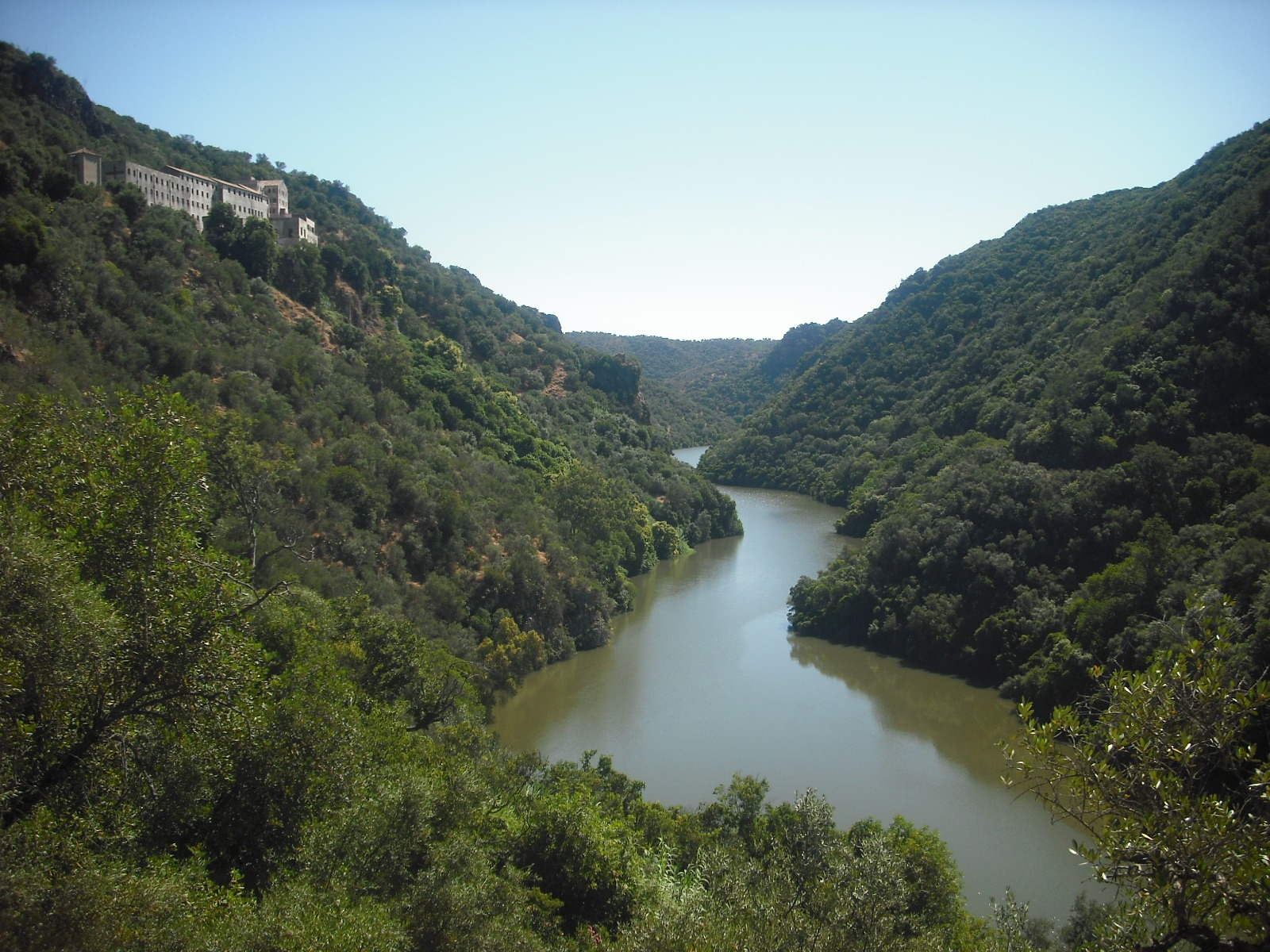
The Bembézar River – PR A 348 Trail runs through the bottom of a rugged, enclosed valley, from a diversion dam through to the main dam that regulates the River Bembézar. It is an incredible route for all five senses; for the sights, for the sounds, for the subtlety of what there is to discover, or for the endless fragrances that permeate our skin. It is no surprise that vultures and other elusive animals live here, neither is it surprising that those seeking fresh horizons to soothe their soul found solace here.
At the southern end of Hornachuelos stands a diversion dam of the River Bembézar, which we must cross to find the start of the trail, at its eastern end. We start by heading north, with the banks of the reservoir on our left, as will be the case for the entire route, allowing for the twists and turns of the trail and the occasional stream or ravine, revealing, in all its splendour, some of the secrets of the Sierra de Hornachuelos Nature Reserve.
We first walk along a narrow path through an area of lush vegetation which, after passing by a spring called Fuente del Cañuelo, widens to become a flat, easy track and will remain so for almost the entire route.
The vegetation is conditioned by the limestone and is mainly wild olive trees, carob trees and Mediterranean scrubland of mastic, rosemary, gorse, terebinth and kermes oak. Further on we see a better-conserved blanket of vegetation, with holm oak and cork oak, as well as some gall oak in the more humid, shady areas next to streams.
The reservoir floods an enclosed valley, and we will be walking along its emerged floor. On the other side we see Hornachuelos, overlooking the abyss. Some eight hundred metres from the start, the path makes its first twist to cross a stream that is a tributary of the River Bembézar.
We continue north about two kilometres until a bend to the west. In the middle of the bend we find ourselves facing a huge abandoned building on the slopes of a sheer bank. It dates back to the 15th century, when the Franciscan convent of Santa María de los Ángeles was founded, made great by royal visits and privileges. After being confiscated by the state, it was returned to the Church, thanks to a donation from the Marquis of Peñaflor. The current building was built as a seminary in the mid-20th century. Since being abandoned in the 1970s, it has been completely neglected. The oldest part to have survived is a small chapel dating from the 18th century, alongside which we can see the remains of terraced orchards and caves carved out of the limestone as a retreat for the friars.
About five hundred metres further on we can see some crags on the other side of the river, where a colony of Griffon vultures lives, so there is a good chance of spotting some.
Here, and along the entire path, we may also see other birds of prey such as black vultures, golden eagles and Bonelli's eagles, or find signs of boar and foxes. There are also some magnificent hackberry trees in the woodland.
Turning east, in front of us we see the mouth of Guazulema stream and, about two kilometres further on, we cross another stream known as Cinco Aguas.
Finally, beneath Bembézar dam, the path narrows and we come to an asphalt track after crossing a bridge over a stream known as Arroyo Calderas. We carry on up this path to the end of the trail, in the town of El Embalse.
Type of Trail: Linear. Trail Status: Approved and signposted 2012. Total length: 13.3 Km (one way) Sections: 1 Accessibility: It can be done on foot. Download Brochure Maps: I.G.N. Scale 1: 50.000. Maps: 921 and 942. SPECIAL AUTHORISATION: Required (it can be obtained at the Delegación Provincial de Medio Ambiente (Provincial Environment Office) in Cordoba or at the Huerta del Rey visitors centre). Only open to the general public from 1 August to 15 December. The rest of the year access is restricted as it is breeding season for vultures and other birds of prey.
Itineraries
Services and infrastructure
Target audiences
Segments
Season
You may be interested
